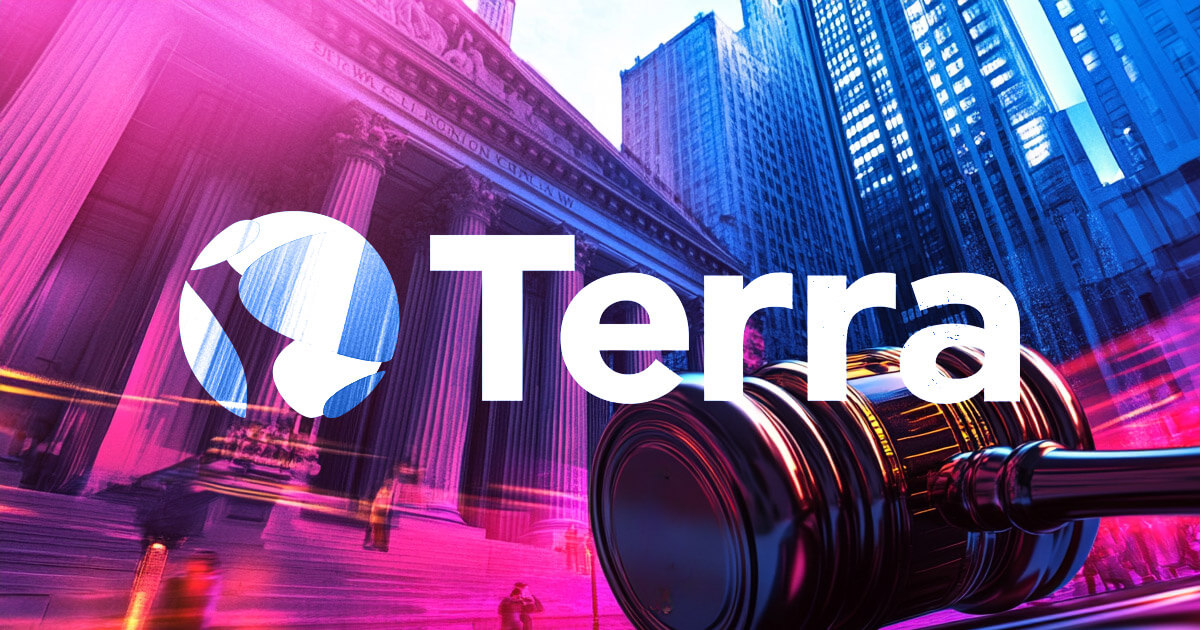Jemima Kelly plausibly argues that cryptocurrencies are primarily used for speculation and illicit activity, albeit with the former orders of magnitude greater than the latter (Opinion, April 27).
Yet in claiming that crime is a crypto “industry feature”, Kelly should really present the evidence in the context of total illicit financial activity. More concerning is her decision to pin the blame for such illicit activity on the fact that cryptocurrencies are what she calls “censorship resistant payment mechanism[s]”.
On the first point, Kelly cites an estimate of approximately $40bn per year of illicit crypto transactions and money laundering. Yet there is approximately $110bn per year of illicit finance through the regulated banking sector. As for money laundering, a 2011 report from the UN Office on Drugs and Crime put the scale of the problem at $2.4tn per annum. What Kelly also overlooks is that it has been typical for new financial technologies — which ultimately prove highly beneficial — to experience corrupt practices. One need only look at the history of the US stock market.
As to the second point, I find it extraordinary that Kelly views a technology that enables privacy to be prima facie suspect. One of the crucial differences between free and totalitarian societies is that individual autonomy is protected in the former and disregarded in the latter.
To be sure, there is a need for consideration and debate over the competing claims regarding the individual’s right to privacy and the state’s duty to enforce the law in confronting illicit activity in cryptocurrencies. However, to ignore the moral and historic claims of privacy would be a mistake with consequences that may extend far beyond the matter of crypto regulation.
Daniel Aronoff
Research Scientist, MIT
Cambridge, MA, US
Credit: Source link















































